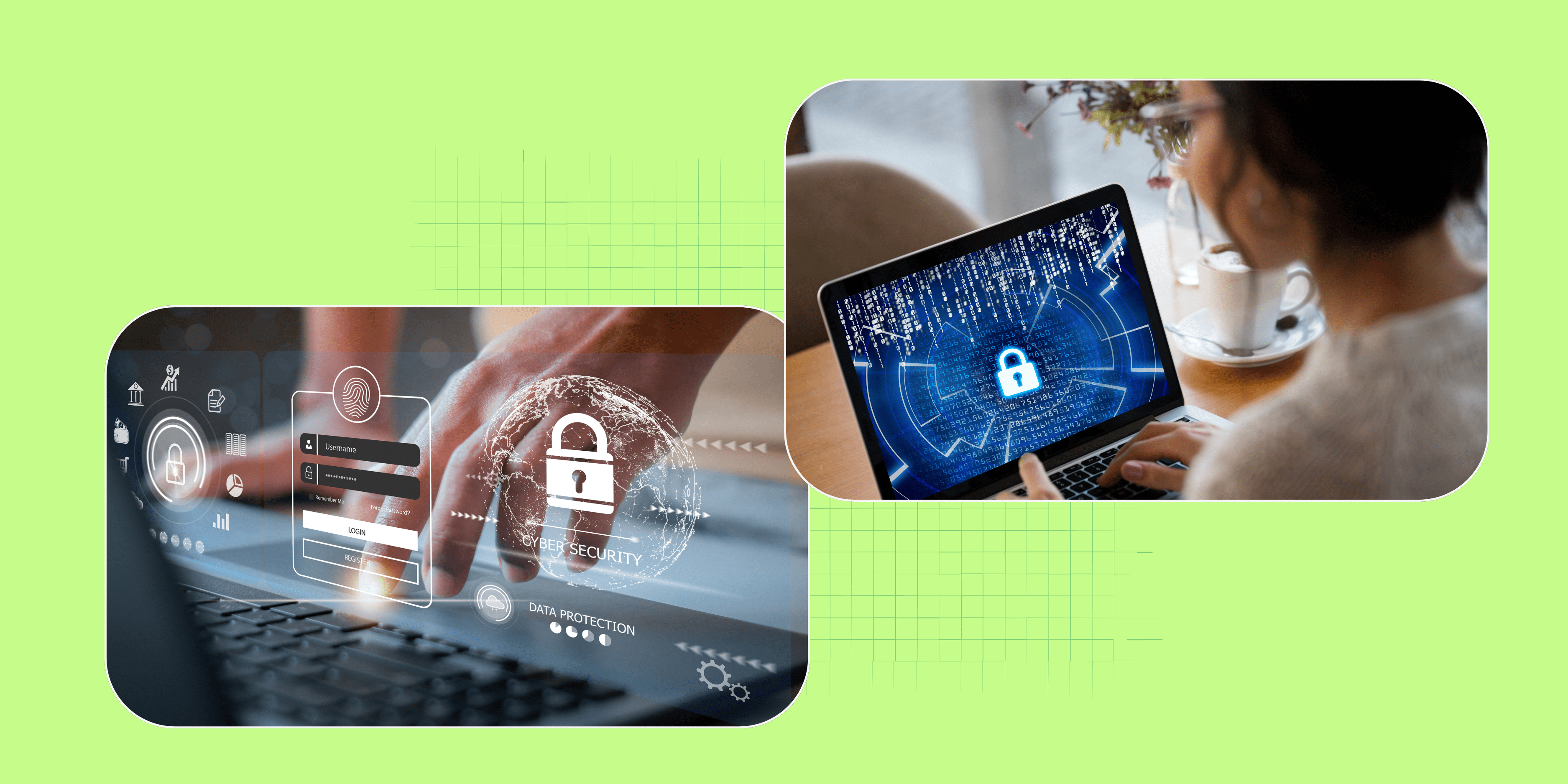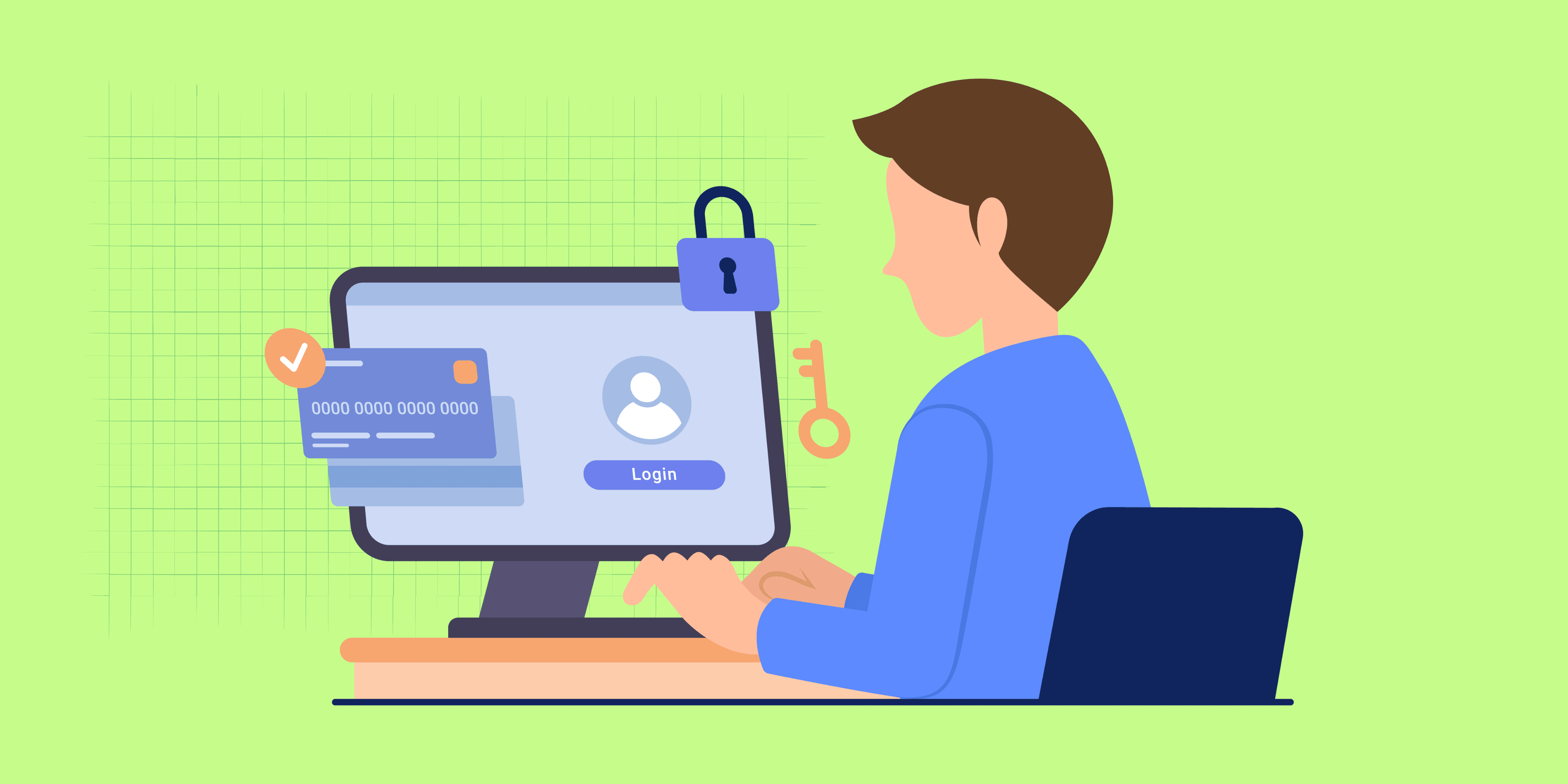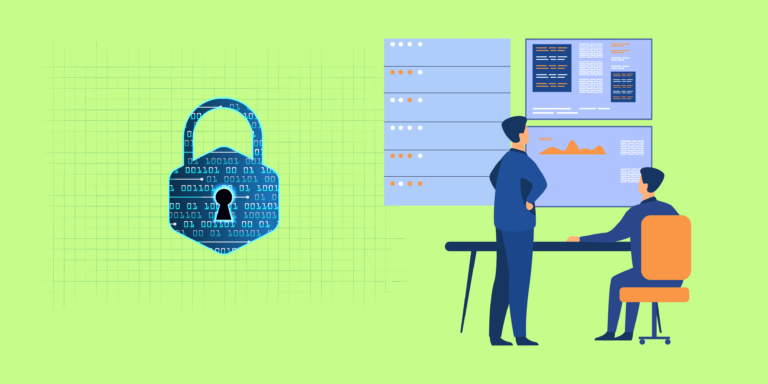A cybersecurity specialist is responsible for protecting information systems from hackers, viruses, cyberattacks, and other threats. If you lack experience but have a strong desire to build your career in this field, you can start as a junior network security analyst. In the future, you will be able to choose from various positions related to cybersecurity, such as information security analyst, security manager, risk assessment manager, IT auditor, or cryptographer.
The demand for people well-versed in IT security is constantly growing, leading to an increase in job openings in companies of various levels. Often, the work is remote, and it almost always involves significant responsibility and the need for continuous learning and development.
How to Start a Career in IT Security Without Formal Education?
Starting a career in IT security can vary depending on your opportunities and preferences. If obtaining a good education is a priority for you, it makes sense to pursue an official bachelor's or master's degree in cybersecurity.
Let's consider other ways to develop a career in IT security without specialized higher education.
- Online Courses and Certifications
It's advisable to take several certification courses to learn about different aspects of cybersecurity. Some examples of good certification courses include CISSP, Security+, CEH, and CISM. You can also take the Microsoft Technology Associate Security Fundamentals exam or obtain the introductory certificate from the Information Systems Audit and Control Association (CSX Cybersecurity Fundamentals).
Popular certifications include EC-Council's Network Security Administrator, Cisco Certified Network Associate (Routing and Switching), Certified Information Security Manager (CISM), Certified Information Systems Security Professional (CISSP), and CompTIA Security+. These industry certifications make a specialist's resume more attractive to employers.
- Self-Education in Other Formats
If you understand what is a career in cyber security like, you are likely ready to learn a lot on your own. For beginners, thematic online resources for self-study and skill improvement are helpful. Books, online articles, and industry publications will enrich your professional vocabulary, introduce you to interesting cases, and help you understand which area of IT security interests you most. You will also stay updated on industry events.
Participating in industry conferences and other events, and networking with colleagues, can help you find your first projects and seek advice from more experienced specialists if needed.
- Freelancing
Starting a career with practical work might feel like a leap into the unknown. However, while you are doing simple and low-paid, or even free, tasks, your portfolio will grow with new achievements. In any digital technology field, practical experience cannot be matched by theoretical training.
It's advisable to register on reputable freelance platforms and join professional communities as soon as you master the basics and can work a few hours a day. For example, you can find jobs that match your experience on Upwork.
- Internships in Companies
If you want to showcase relevant work experience to your dream employer, consider early internships in college or small companies. After completing online courses, you can obtain positions such as network administrator, security administrator, or system administrator. This will not only enhance your resume but also help you build valuable connections, find future clients, or partners.
Many educational institutions offer additional specializations related to digital data security. This allows students to gain specialized knowledge and skills. Often, these programs include coursework in digital and computer forensics, database development and administration, and even cryptology.
What Kind of Skills Do You Need to Master?
Learning cybersecurity is not just about gaining knowledge. Getting the basics right is crucial, and memorizing complex theory can be challenging. However, if you have the aptitude and a strong desire, you can develop the necessary technical skills in a relatively short time.
- Working with the network and controlling network security
A beginner must first learn the basics of data communication. Then, they can familiarize themselves with network protection methods. Preventing unauthorized access ensures that company or individual user confidential information is not read by attackers. Network security control prevents hackers from harming information systems. Many solutions exist for this process, including firewalls and virtual private networks (VPNs).
- Cloud Security
Many organizations build their networks using cloud or hybrid platforms. Understanding these systems and the ability to protect web servers is crucial for cybersecurity professionals. You may need a CompTIA Cloud+ or Certified Cloud Security Professional (CCSP) certificate.
- Mobile Device Management
This involves managing access for laptops, smartphones, tablets, and other gadgets to the computer network. It can include certain policies or software solutions combined into an MDM protocol.
- SIEM Management
Security Information and Event Management includes comprehensive solutions like Microsoft Sentinel.
- Intrusion Detection
This is comparable to a car alarm, alerting the car owner of a criminal breaking into the vehicle. Whenever an unauthorized user gains access to a computer network, the cybersecurity system notifies about it. This is achieved using specific software.
- Penetration Testing
Conducted by ethical hackers, also known as confidence validators. Specialists understand hackers' thinking and methods well and test their strategies on company systems to identify vulnerabilities and strengthen them.
- Digital Forensics
This field is more about restoring the system after a cybercrime incident.
- Coding
Knowing the basics of programming languages such as Python, Java, and C++ is sufficient.
For a successful career in cybersecurity, you should possess soft skills such as attention to detail, critical thinking, risk management, and communication. The latter will enable you not only to complete tasks but also to manage a team and oversee projects.
So, is cybersecurity difficult to learn depends on your inclinations and ability to acquire the necessary skills.

In Which Industries Can a Cybersecurity Specialist Find a Job?
While studying to become a cybersecurity specialist, it is advisable to familiarize yourself with the job market in this field. Certain industries highly demand your new knowledge and skills, offering many job openings, interesting tasks, and decent pay.
1. Banking and finance
Banking and financial organizations have a great interest in securing their clients' data and assets. The increasing volume of online operations is making multi functional authentication systems and additional layers of safety crucial.
2. Government
There are many opportunities, especially for beginners, since payment from government agencies is typically lower than from private organizations. However, the need for data protection is high. The Cybersecurity and Infrastructure Security Agency (CISA) hires specialists.
3. Healthcare
In this field, the uninterrupted and accurate operation of software can affect people's lives and health. Protecting personal data is also critical. Medical organizations constantly strive to enhance cybersecurity standards and hire corresponding specialists.
4. Technology and Business
Cyber risks for technology organizations include intellectual property theft, social media hacks, confidentiality breaches on internet devices, portal disruptions for online payments, and more. Any business using certain applications is vulnerable to cyberattacks. E-commerce attracts cybercriminals because this field often involves stealing personal information and credit card data. Cybersecurity prevents phishing and protects sites with firewalls, payment gateways, and antivirus programs.
An increasing number of large companies prefer to employ in-house IT security experts. This allows them to regularly test and improve their security systems without waiting for breaches to occur. If you would like to try your hand in this promising field, choose reliable cybersecurity learning resources and don't postpone your courses. Mastering a new profession can take little time if you are ready for intensive self-education.
How long does it take to learn cybersecurity?
If you decide to become a cybersecurity specialist after obtaining specialized education, it will take you 4 years for a bachelor's degree and 2 years for a master's degree. Self-education can take as little as 6 months. For this, you need to find suitable courses and practice extensively.
How to learn cybersecurity for beginners?
To learn the basics of cybersecurity, you need to engage in intensive self-education. You can obtain a Google Cybersecurity Certificate, complete courses like CISSP, Security+, CEH, or CISM, among others. It is also worth looking for free courses and additional materials.
Which industries need cybersecurity the most?
Industries such as banking and finance, healthcare, commerce, and business have the highest demand for cybersecurity specialists. The profession is also in high demand among government organizations and agencies.



